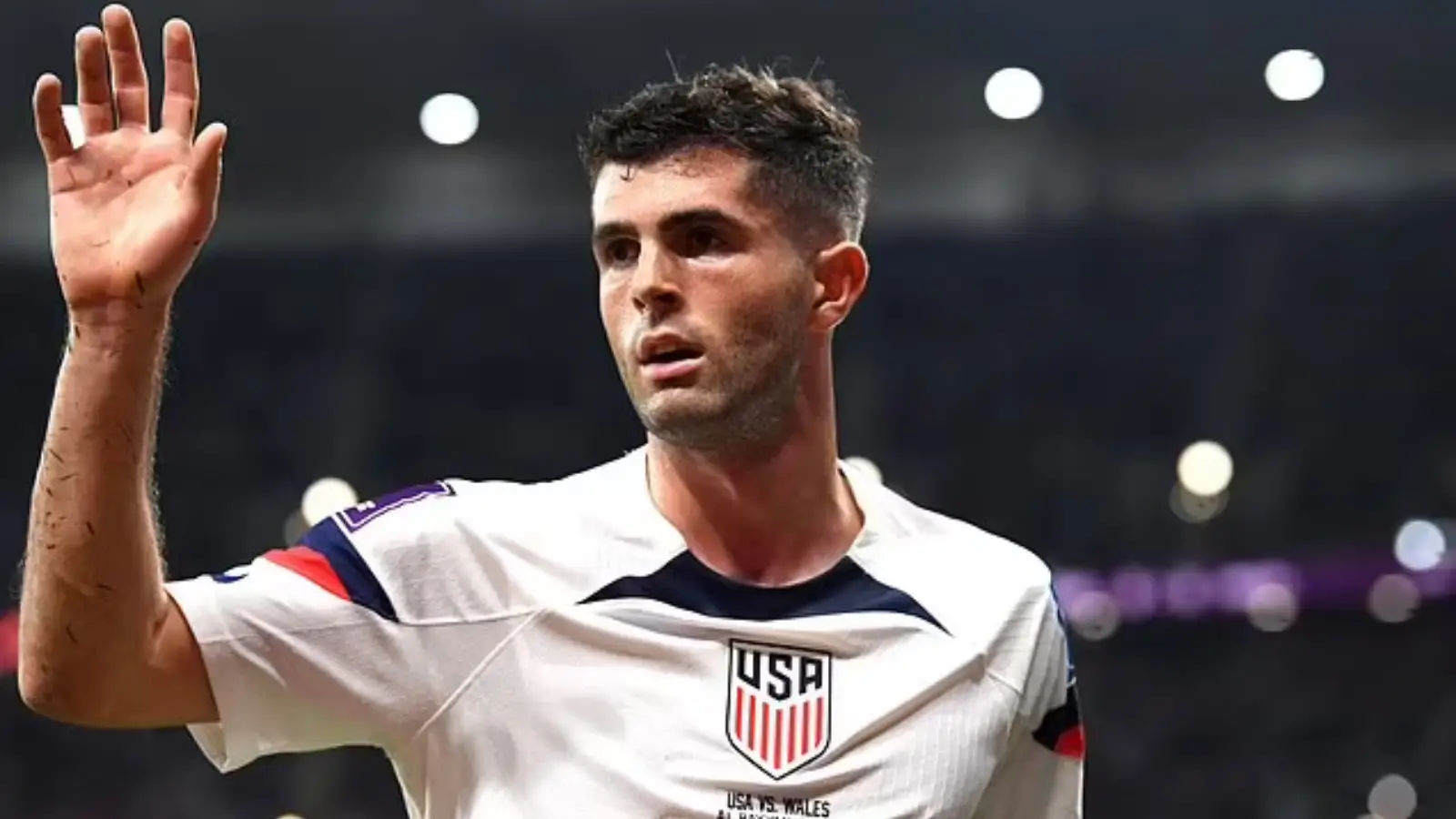


What truly defines a great football captain? Beyond the armband lies a blend of leadership, emotional intelligence, and psychological resilience that shapes team dynamics on and off the pitch. In this article, we explore the core traits that make a captain not just a player, but a guiding force, someone who inspires, unites, and leads under pressure in the beautiful game.
Behind every great football captain lies a complex psychological foundation that fuels leadership, consistency, and resilience. Being a captain isn't just about wearing the armband it's about mastering the emotional and mental aspects of the game. This section dives into the core psychological traits that define exceptional football leaders.
One of the most vital traits of a football captain is emotional intelligence, the ability to perceive, manage, and respond to emotions, both their own and their teammates’. Captains often serve as the emotional anchor of the team, helping players stay focused amid tension, provocation, or frustration. Whether calming a teammate after a missed penalty or managing tempers in heated matches, self-control sets a tone for the squad. A captain’s emotional stability often diffuses chaos and maintains cohesion.
Football is full of split-second decisions, but for captains, the stakes are even higher. A wrong call could cost the team a goal or the game. Great captains are those who remain clear-headed when the pressure peaks. They know when to press forward, when to slow the tempo, and how to read both their team and the opposition. Decision-making under pressure is not instinct alone; it’s built from experience, game intelligence, and the ability to remain composed. This mental clarity helps them guide the team through moments that could make or break a season.
Confidence isn’t arrogance, it's belief in one’s ability to lead. Captains are often the voice that speaks up when the team is down, rallying spirits and reigniting belief. But with that role comes enormous pressure. Mental resilience is crucial. Whether facing criticism from fans or bouncing back from personal errors, a captain must model strength and perseverance. They absorb pressure not to deflect it, but to inspire the team to rise above it.
Fans watching via Cakhiatv free football streaming can often spot these leadership traits in real time: how captains command presence, shift momentum, and stabilize the squad during adversity. It's more than talent; it’s psychology in motion. Understanding this mental foundation helps us appreciate the quiet power behind every great captain’s influence.
A true football captain doesn’t just give instructions or shout from the backline they lead through action, effort, and consistency. Leadership on the pitch is often less about speeches and more about being the first to show up, the last to give up, and the one who always gives their all, regardless of the scoreboard. Let’s explore how captains influence their teams beyond mere words.
Every great captain sets the bar through relentless work ethic. Whether it’s pushing through fatigue in training or giving 100% during every match, captains earn respect by showing their dedication day in and day out. Teammates look up to those who perform with intensity, even when the odds are against them. This consistency creates a culture of accountability where others feel compelled to match the captain’s level of commitment.
Leaders don’t shy away from high-stakes moments; they rise to meet them. When the pressure mounts, it's often the captain who steps up to make a game-saving tackle, deliver a crucial assist, or convert a last-minute penalty. These actions not only impact the scoreboard, but also send a message: “I’ve got this. Follow me.” The ability to perform in pivotal situations speaks louder than any locker room pep talk. Audiences tuning into ThapCamTV football live can often see these iconic moments unfold, where captains become the pulse of their team.
Leading by example also means accepting responsibility. When the team struggles, a captain doesn’t point fingers; they own their part and support the group through setbacks. This level of integrity builds trust, both with teammates and coaches. It also sets a tone: if the captain is willing to be held accountable, so must everyone else. Moreover, integrity extends beyond the pitch; how a captain handles media, referees, and even fans reflects their moral compass and emotional maturity.
A football team is more than a collection of skilled players; it's a living, breathing unit of personalities, backgrounds, and emotions. One of the captain’s most critical roles is managing these dynamics to foster a sense of unity and shared purpose. This invisible leadership often determines whether a team functions or fractures.
Effective captains are excellent communicators. They know how to speak to individuals differently, motivating one player with tough love while encouraging another with empathy. They read the locker room, sense tension, and defuse it before it escalates. In doing so, they act as a bridge between the coaching staff and the squad, voicing concerns upward and relaying expectations downward with clarity and fairness.
Team harmony doesn’t happen by accident. Captains actively work to include fringe players, support younger teammates, and ensure every voice is heard. By promoting mutual respect and shared goals, they cultivate trust that extends onto the pitch. When a team believes in each other, they fight harder not just for themselves, but for the collective.
Conflict is inevitable in high-pressure environments, but great captains resolve disputes with balance and discretion. They keep egos in check, redirect frustration toward improvement, and remind everyone of the bigger picture.
Ultimately, unity isn’t just about getting along, it's about building a culture where every player feels valued. When that happens, teams thrive, not just in performance, but in spirit. That’s the kind of chemistry captains quietly create every day.
A great captain leads with more than skill they guide with heart, resilience, and vision. From emotional strength to unifying team spirit, their influence shapes every match. True leadership on the pitch isn’t loud, it's consistent, trusted, and deeply psychological. That’s what sets a captain apart from the rest.